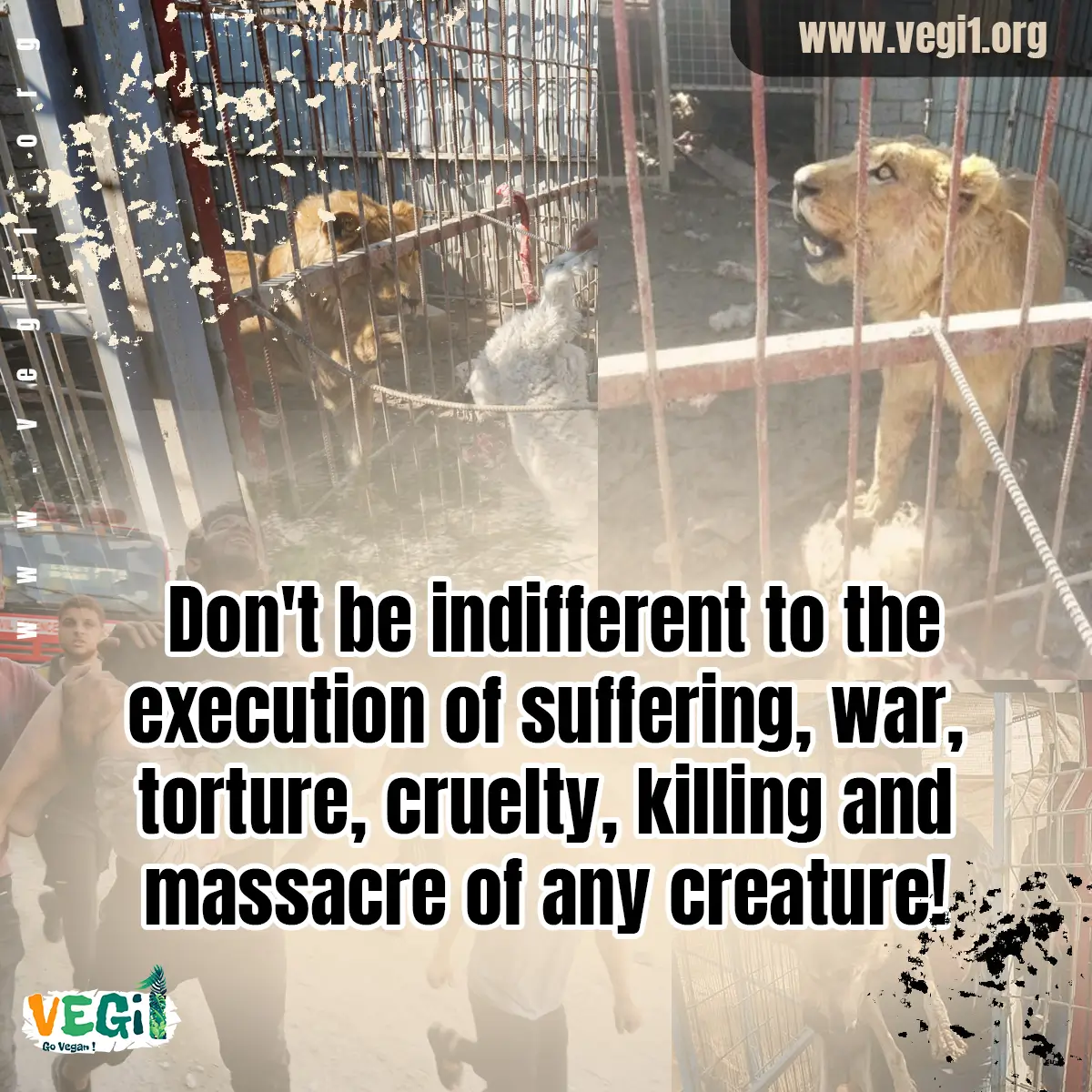Animal cruelty is often relegated to discussions surrounding ethics and morality; however, its ramifications extend far beyond the immediate suffering of animals. The negative effects of animal cruelty on humanity are profound and manifold, permeating various aspects of our lives and society at large. To fully understand these implications, it’s imperative to consider the intricate interplay between human behavior, societal norms, and the welfare of animals.
At first glance, one might assume that acts of animal cruelty stem from individual malice or ignorance. Yet, these isolated acts reflect a broader societal malaise. When individuals engage in or condone cruelty toward animals, it cultivates an environment that desensitizes human empathy. The chronic exposure to violence, even directed at nonhuman beings, can erode an individual’s capacity for compassion. This phenomenon can lead to a culture where violence, in all forms, is normalized, fostering an atmosphere of brutality that can manifest in interpersonal relationships.
Moreover, psychological studies indicate a disturbing correlation between animal cruelty and aggressive behavior towards humans. Individuals who exhibit violent tendencies towards animals are statistically more likely to engage in violent acts against their peers or family members. This cyclic nature of violence underscores a critical social concern—the potential for unresolved trauma and aggression to propagate through generations. Addressing animal cruelty is not merely an act of kindness; it is a safeguard against the proliferation of violence within society.
In addition to psychological ramifications, the societal consequences of animal cruelty can have far-reaching implications for public health. The exploitation of animals often comes hand-in-hand with neglectful practices that can result in the spread of zoonotic diseases—infectious diseases that can be transmitted from animals to humans. For instance, overcrowded factory farms and improper sanitation can lead to the degradation of animal health, resulting in outbreaks that threaten human populations. The COVID-19 pandemic serves as a grim reminder of how interconnected our health systems are with the treatment of animals, highlighting the crucial need for humane practices in the agricultural sector.
Furthermore, the environmental impact of animal cruelty cannot be overlooked. Industrial animal farming, marked by cruelty and disregard for animal welfare, contributes significantly to climate change. The greenhouse gas emissions stemming from livestock production far exceed those of many alternative forms of food production. As ecosystems are disrupted through deforestation and overgrazing, the delicate balance of nature is jeopardized, leading to further consequences for humanity. A planet that suffers from environmental neglect ultimately incurs repercussions for its inhabitants, manifesting in natural disasters, food shortages, and increased mortality rates.
Culturally, animal cruelty can instigate a disconnection from nature. In societies where animals are viewed merely as commodities or resources, there emerges a broader estrangement from the natural world. This phenomenon contributes to what some scholars refer to as “environmental alienation,” where individuals lose sight of their responsibilities towards the planet. The ethical treatment of animals is inextricably linked to an appreciation for biodiversity and ecological balance. When cruelty prevails, the decline of various species follows suit, diminishing the richness of our ecosystems and, ultimately, humanity’s coexistence with nature.
On a community level, the prevalence of animal cruelty can exacerbate societal inequalities. Low-income communities often bear the brunt of neglectful animal welfare policies, leading to an increase in stray animals, abuse cases, and consequent public health crises. The systemic neglect of animals in these areas reveals a deeper socio-economic issue—a lack of resources and institutional support. Advocating for animal welfare in these contexts is an avenue towards community empowerment, enabling residents to take pride in their surroundings and fostering a collective sense of responsibility.
Additionally, legal frameworks surrounding animal cruelty often reflect societal values. In jurisdictions where there exists inadequate legislation regarding the protection of animals, it becomes an indicator of broader societal attitudes towards care and compassion. Communities with strong animal welfare laws often display higher levels of civic engagement and empathy, suggesting that the legal treatment of animals can be a reflection of collective morality. Thus, addressing the issue of animal cruelty can inspire reform that ripples through societal structures, engendering increased compassion and safeguarding societal values.
Education serves as a pivotal tool in combating the negative effects of animal cruelty. By fostering awareness of animal welfare issues from a young age, we can cultivate a generation that prioritizes empathy and understanding. Implementing educational programs that not only highlight the ethical dimensions of animal treatment but also emphasize the broader implications on society can galvanize individuals toward proactive engagement. The future lies in nurturing a conscientious populace, one that recognizes the interplay between animal and human welfare.
In conclusion, the consequences of animal cruelty stretch beyond the immediate suffering inflicted upon animals. They permeate societal structures, impacting human behavior, public health, environmental sustainability, and community well-being. Addressing animal cruelty is not just an ethical imperative; it’s a vital necessity for creating a more compassionate, healthy, and equitable world for all beings. Recognizing these connections can inspire meaningful action, encouraging individuals and communities to advocate for change. Humanity’s legacy will ultimately be defined by the measure of compassion we extend toward those who are most vulnerable, underscoring the urgent need for an active stance against animal cruelty.








